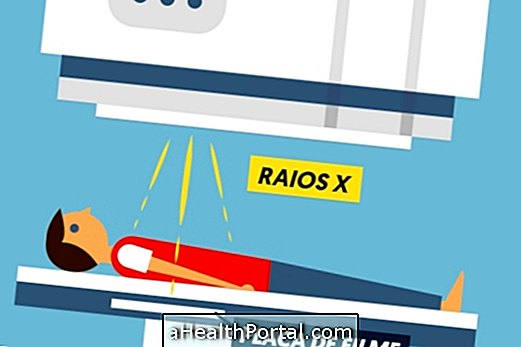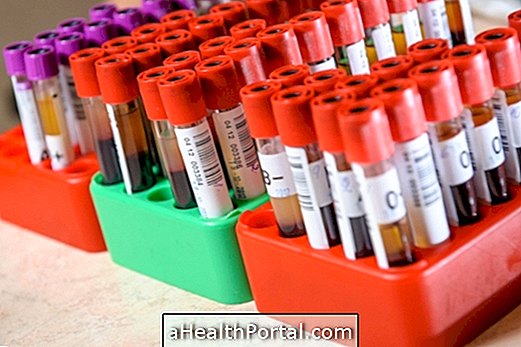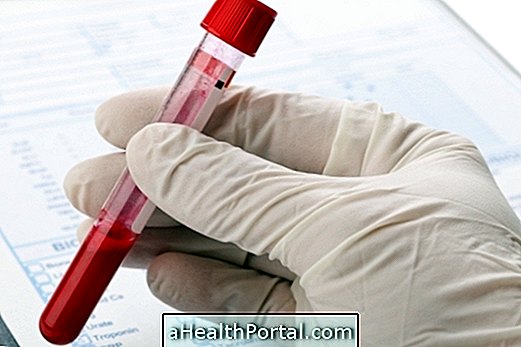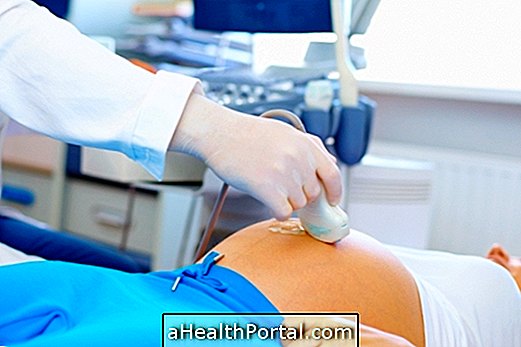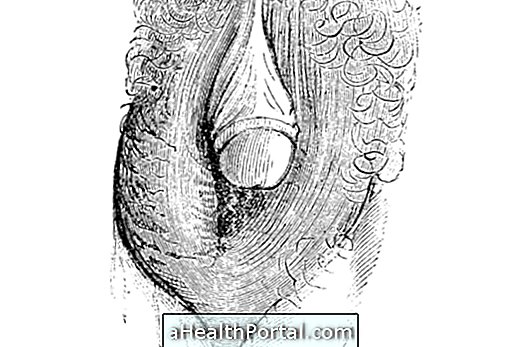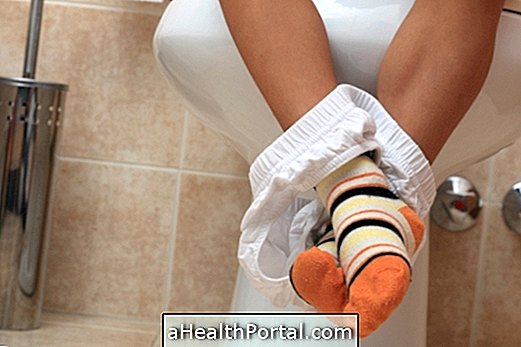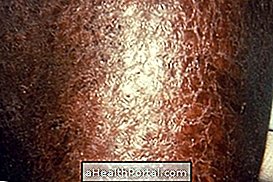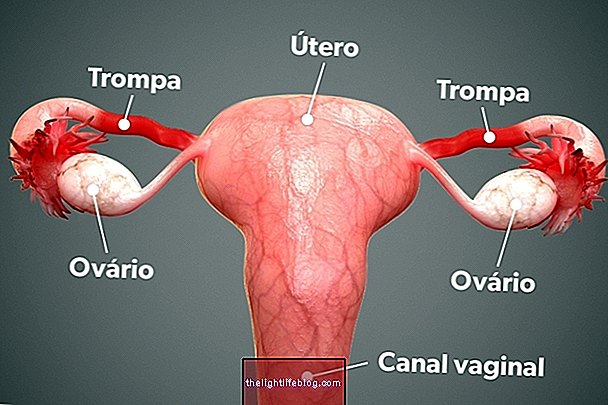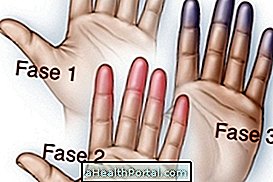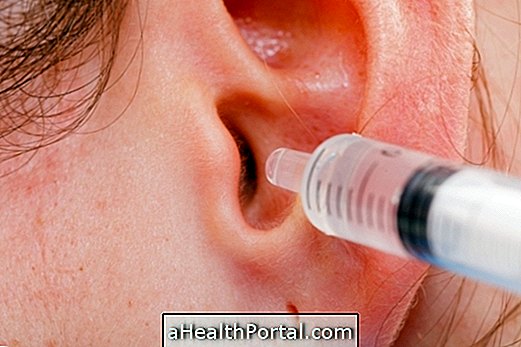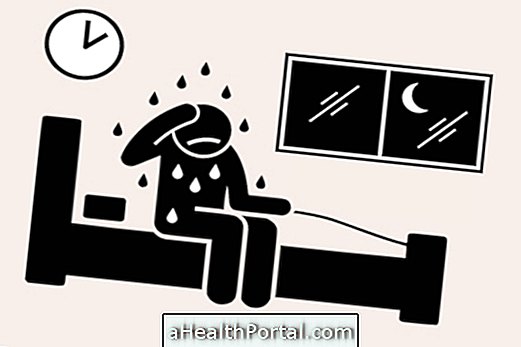Creatine phosphokinase, known by the acronym CPK, is an enzyme that acts mainly on the muscular tissues, in the brain and in the heart, being requested its dosage to investigate possible damages to these organs.
The doctor may order this examination when the person arrives at the hospital with chest pain complaint or to check for signs of a stroke or some disease that affects the muscles, for example.
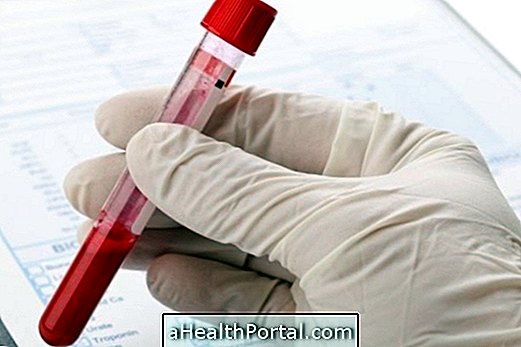
Reference values
The creatine phosphokinase (CPK) reference values are 32 and 294 U / L for men and 33 to 211 U / L for women but may vary depending on the laboratory where the test is performed.
What is it for
The creatine phosphokinase (CPK) test is useful to help diagnose diseases such as infarction, renal or pulmonary insufficiency, among others. This enzyme is subdivided into three types according to their location:
- CPK 1 or BB: It can be found in the lungs and in the brain, mainly;
- CPK2 or MB: It is found in cardiac muscle and therefore can be used as an infarct marker, for example;
- CPK3 or MM: It is present in muscle tissue and accounts for 95% of all creatine phosphokinase (BB and MB).
The dosage of each type of CK is made by different laboratory methods according to their properties and according to the medical indication. When CPK dosing is requested to assess myocardial infarction, for example, CPK MB is dosed in addition to other cardiac markers, such as myoglobin and troponin, in particular. See what the troponin test is for.
What is CPK high and low?
Increased creatine phosphokinase enzyme concentration may indicate:
| High CPK | Low CPK | |
| CPK BB | Stroke, stroke, brain tumor, seizures, pulmonary insufficiency | - |
| CPK MB | Cardiac inflammation, chest injury, electric shock, in case of cardiac defibrillation, heart surgery | - |
| CPK MM | Injury by crushing, intense physical exercise, long immobilization, use of illicit drugs, inflammation in the body, muscular dystrophy, after electromyography | Loss of muscle mass, cachexia and malnutrition |
| CPK TOTAL | Exaggerated intake of alcoholic beverages due to the use of medicines such as amphotericin B, clofibrate, ethanol, carbenoxolone, halothane and succinylcholine taken together, intoxication with barbiturates | - |
In order to perform CPK dosing, fasting is not mandatory and may be recommended by the physician, however, it is important to avoid strenuous exercise at least 2 days before the test, since this enzyme may be elevated after exercise due to their production by the muscles, as well as the suspension of medications, such as Amphotericin B and Clofibrate, for example, as they may interfere with the test result.
